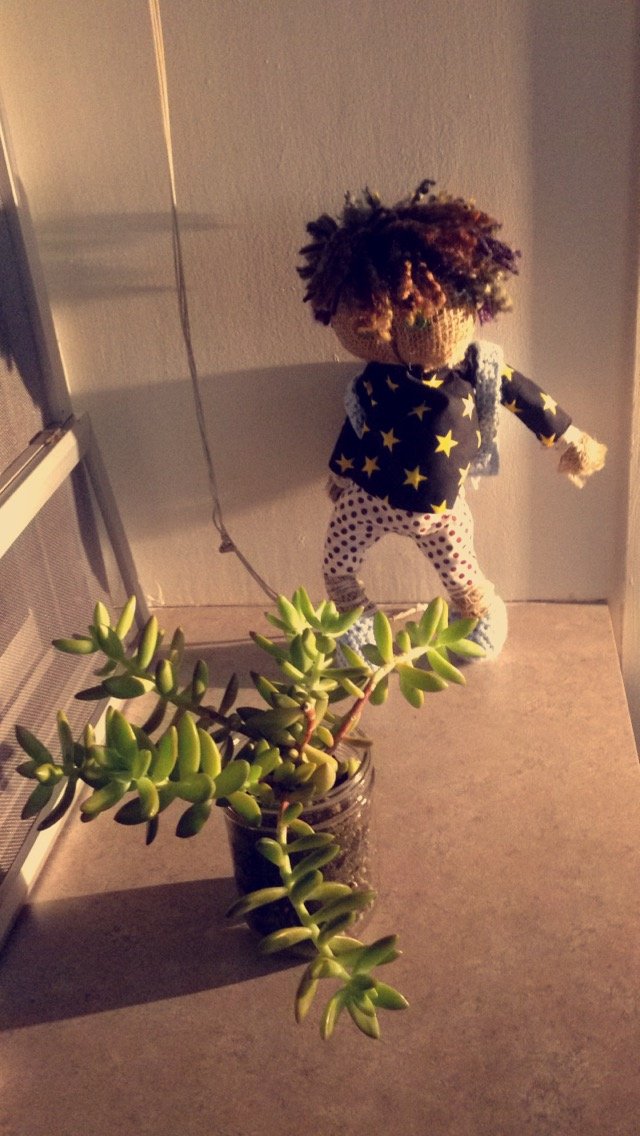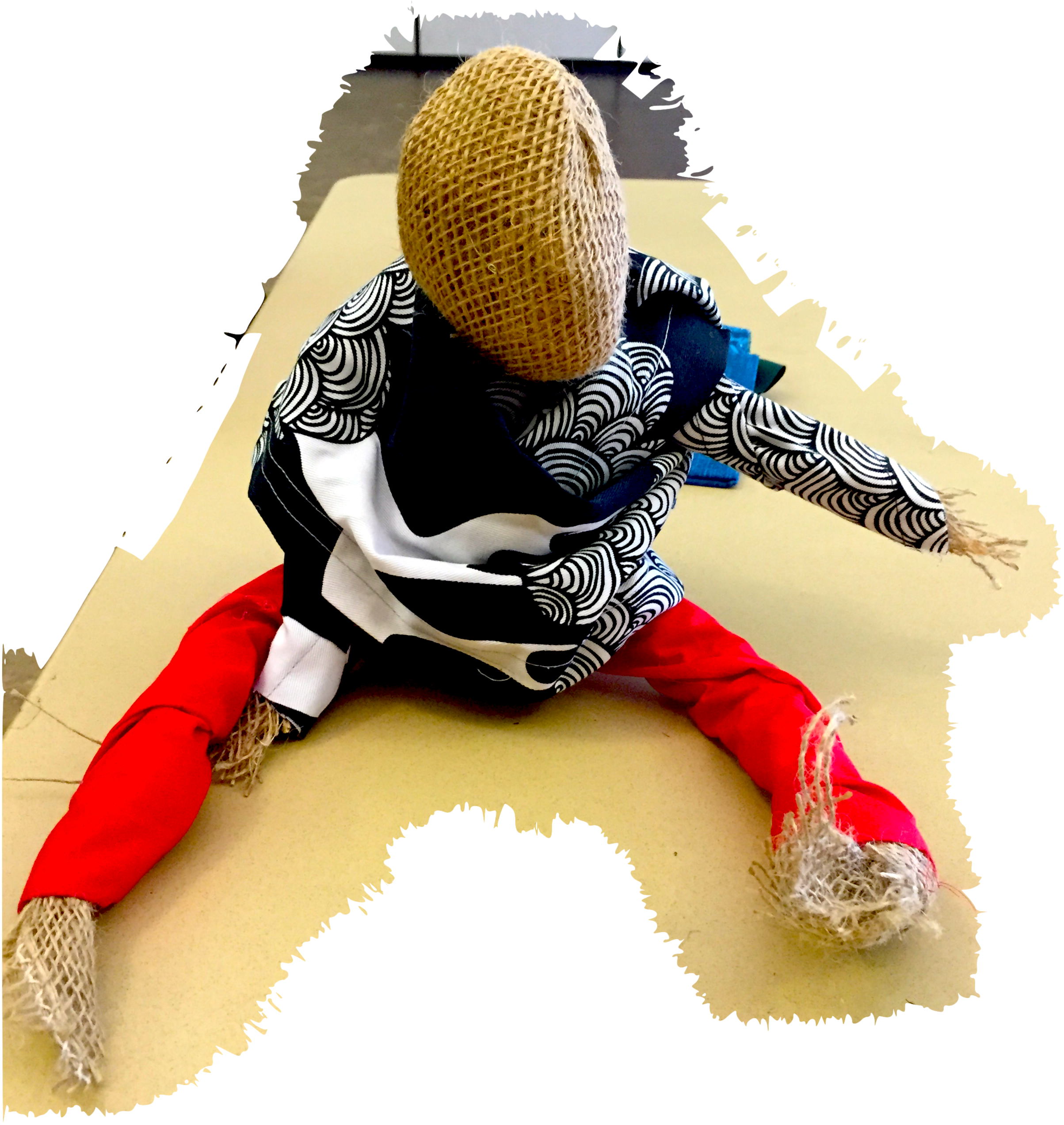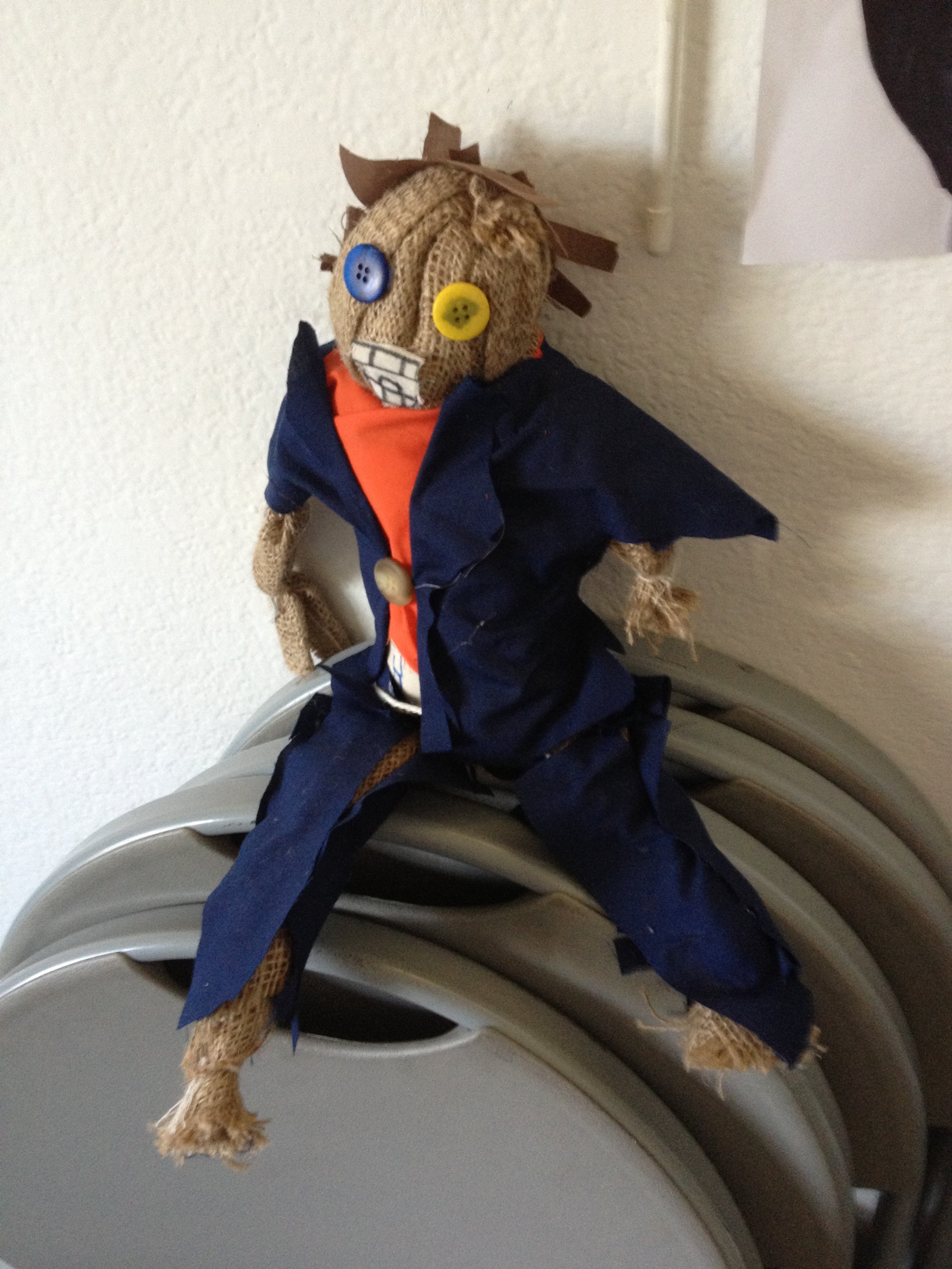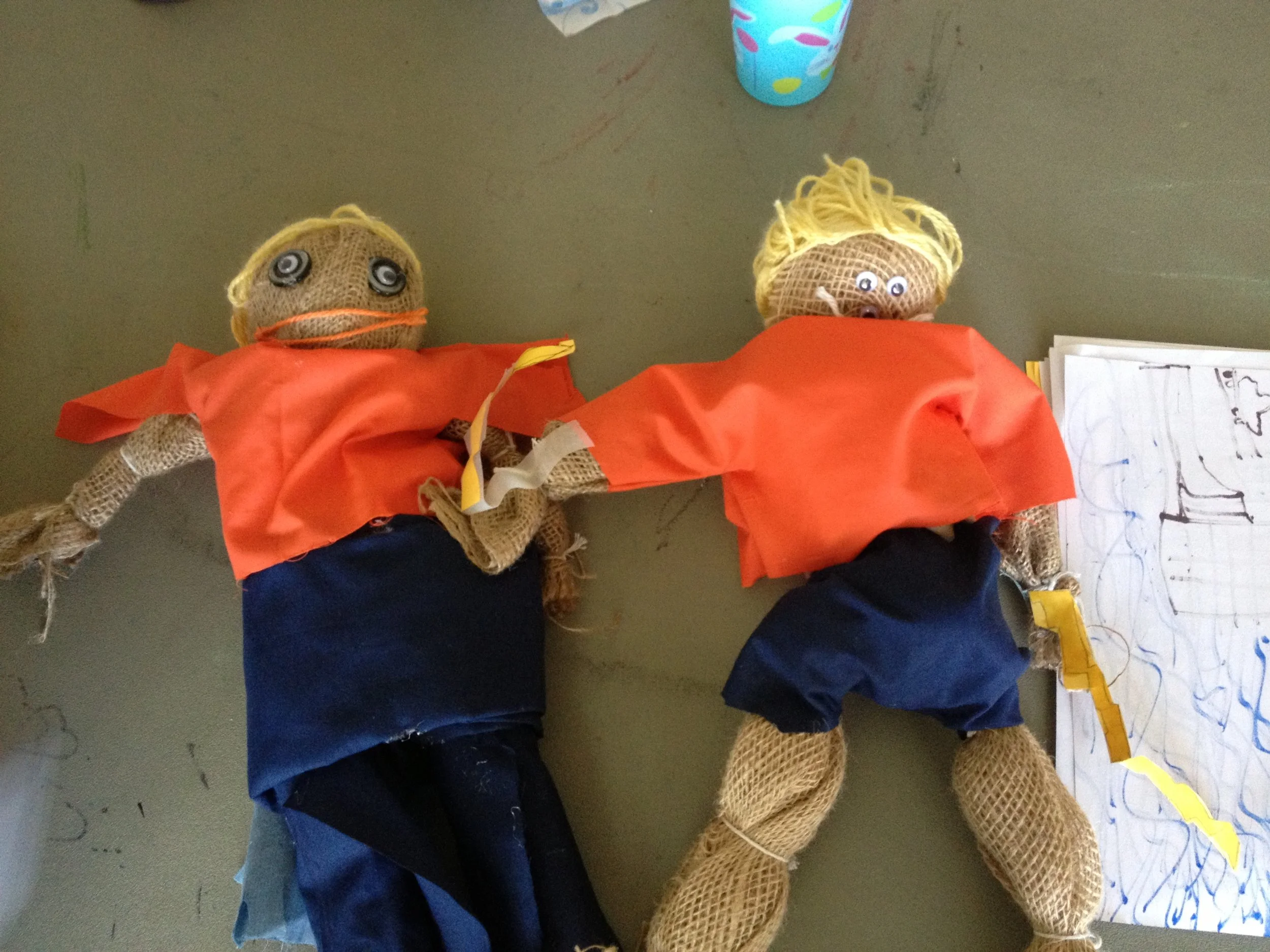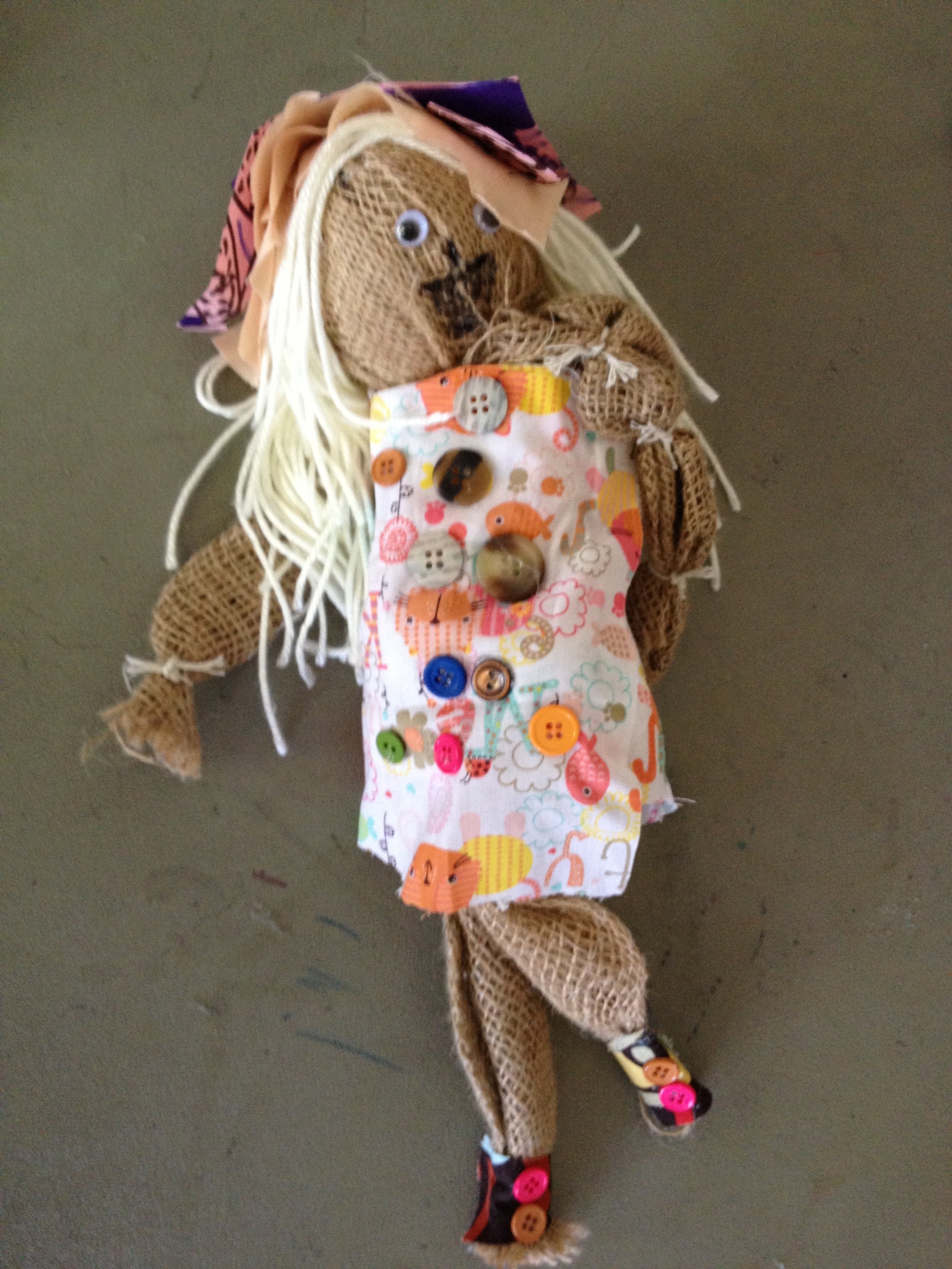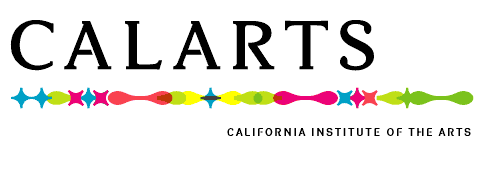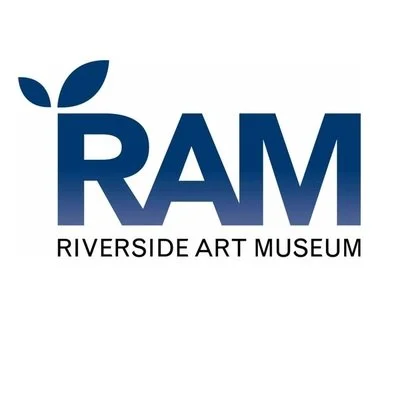The Ragdoll Project
“The doll is the symbolic homunculi, little life. It is the symbol of what lies buried in humans that is numinous. It is a small and glowing facsimile of the original Self. Superficially, it is just a doll. But inversely, it represents a little piece of soul that carries all the knowledge of the larger soul- Self. In the doll is the voice, in diminutive, of old La Que Sabe, The One Who Knows. The doll is related to the symbols of leprechaun, elf, pixie, fairy, and dwarf. In fairy tales these represent a deep throb of wisdom within the culture of the psyche. They are those creatures which go on with the canny and interior work, who are tireless. The psyche works even when we sleep, most especially when we sleep, even when we are not fully conscious of what we are enacting.”
-Clarissa Pinkola Estes, Women Who Run With Wolves
The Ragdoll Project began when I was a first year graduate student at the California Institute of the Arts studying writing in the Critical Studies department. I started off working on a speculative fiction trilogy but another story was ready to emerge especially in a space where there was the safety and support for it to come forth. I took this opportunity to write the story of generations of women in my family from slavery to my generation told through the body of ragdolls that are bent, broken, mended time and time again. Ragdolls that are worn and torn and creative, agile, imaginative, angry, sad, joyful, nurturing, and every other way of being that a person can embody. I found a way to tell these stories by developing a series of writing and drawing exercises that stretched my memory and gave me access to memory I thought was even lost. At some point, I found myself needing to bring these dolls into the corporeal world so I can see them, touch them, and they can live differently than on the page so I reached out to some stop motion animators for advice around how I might do this. Their insight led me to consider chicken wire as a potential to shaping a hardbody that can move. This didn’t feel right. Eventually I had the opportunity to play with this idea of doll making by teaching it to a group of children in a program called NOMAD Lab, developed by Evelyn Serrano. I then needed to use child-friendly which is really just people friendly materials and found myself at home depot finding a connection with burlap so I tried it. I played with how to turn burlap into a body and then how to use muslin for a writing/drawing exercise. I found myself surrounded by markers, fabric tiles, scissors, hot glue, goggly eyes, and any other craft material I could get my hands on leading children as young at four through this process for ten weeks.
Since then the process has grown immensely- I have done workshops and installation projects in art museums, art galleries, schools, family and youth based non-profits, and collaborated with friends like Kenyatta A.C Hinkle and her Kentifrica Museum of Culture as well as Amita Swadin and her organization Mirror Memoirs.
I have had the honor to support hundreds of trauma survivors navigating interpersonal violence, grief and loss, life transitions like divorce, empty nesting, identity and oppression to name a few. In the wake of COVID, I have conducted virtual workshops for students sending ragdoll kits to each of their homes as well as to offer an outdoor workshop for students in this stage of being in a COVID endemic. I have led folks of all ages, identities, cultures, and experiences through this process which is a communal act of love, of resistance, of care, and ultimately of healing. It brings me joy to re-engage with this process and continue to bring it to folks who are seeking to be held in their process.
Check out one of the first pieces I got to write about this project after connecting with Eve Ensler and her team at One Billion Rising.
Talks & Conferences:
Visiting Artist in Residence (Virtual) Wheaton College Fall 2020
o Public Talk- Process over Production: Healing, Growing, and Embodying OurHumanity, Wheaton College (MA)
o Ragdoll Workshop for Theatre 215: Theatre and Social Change CourseSouthern Connecticut State University's 21st Annual Women's Studies Conference sharing her work titled, The Ragdoll Project: Returning To A Doll making Culture & Exploring What Dolls and Doll making Can Teach Us About Self and Community
How to Create a Culture of Consent, Pomona College's Women's Union
Miley Cyrus: Cultural Appropriation, Racism, and Slut-Shaming in the Media, Scripps College




